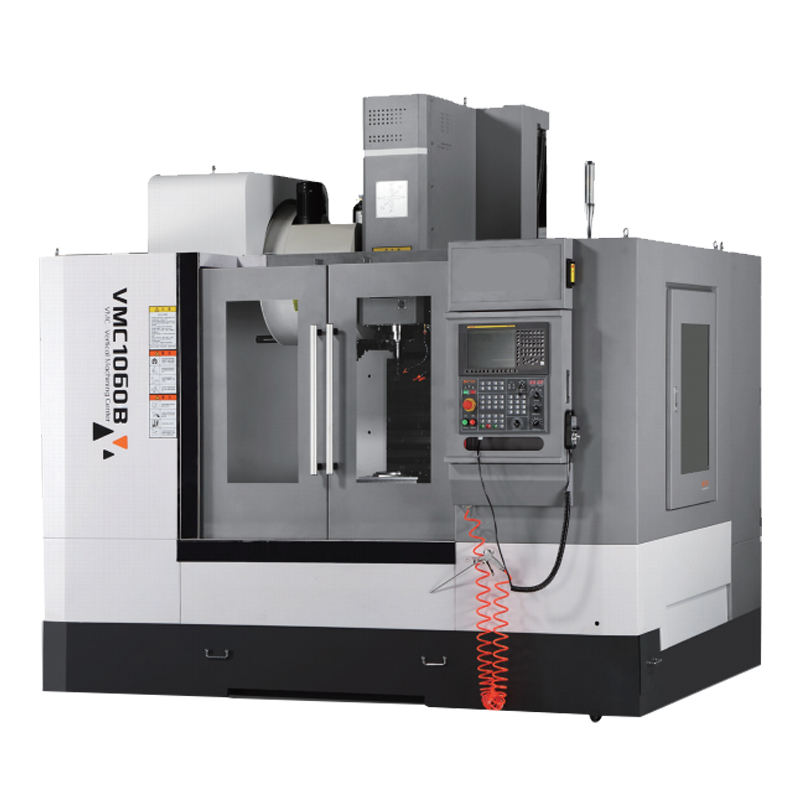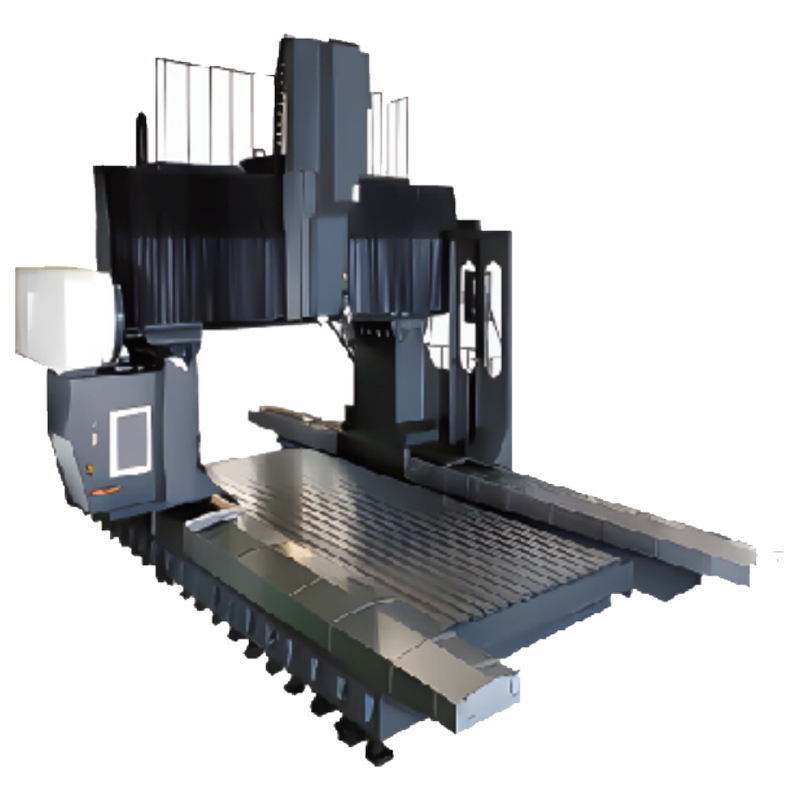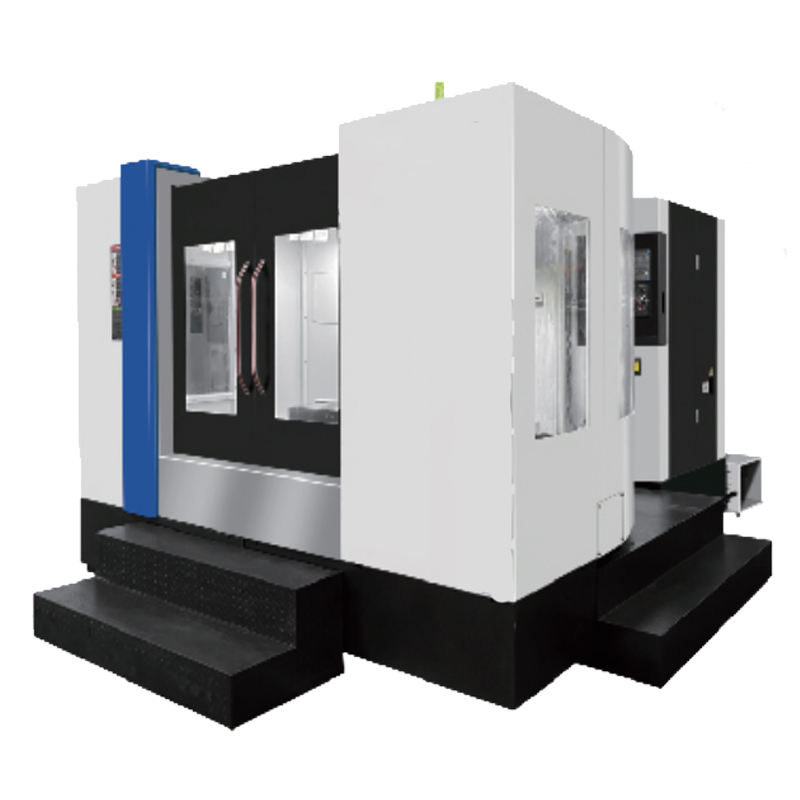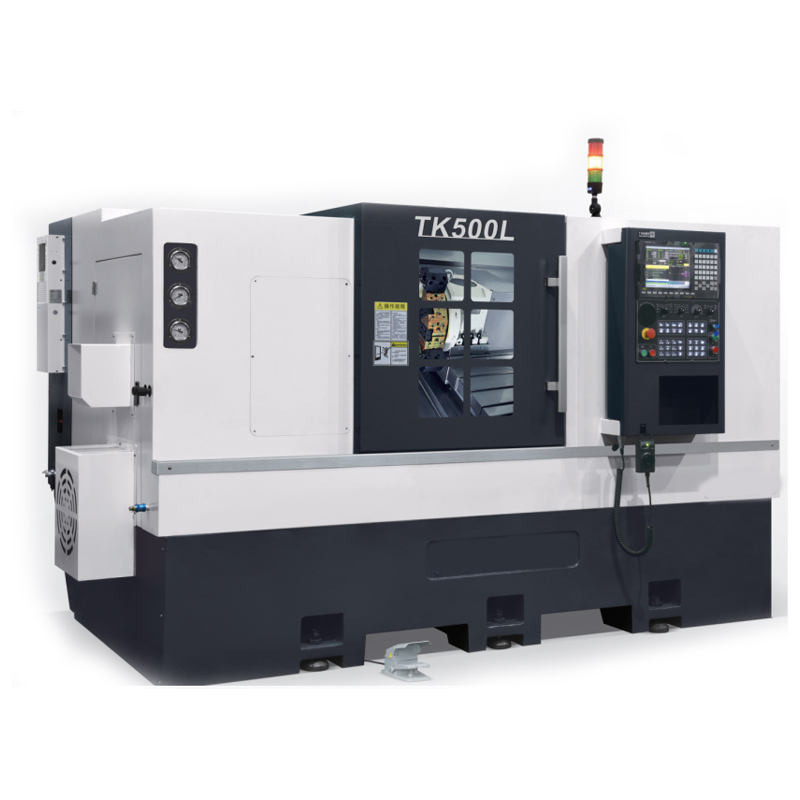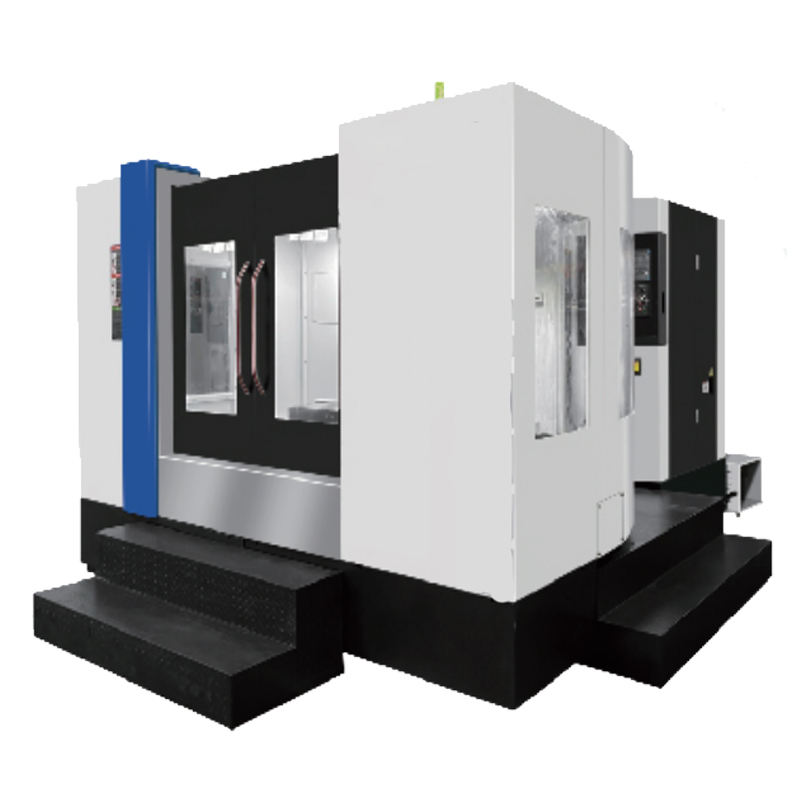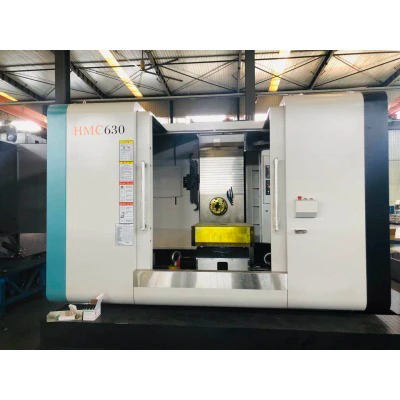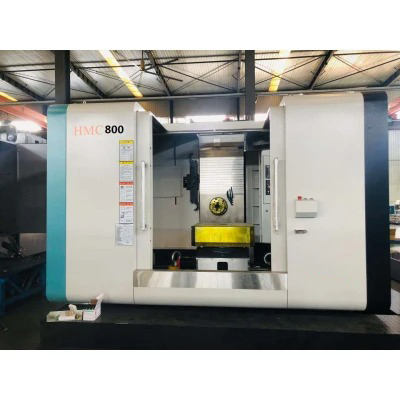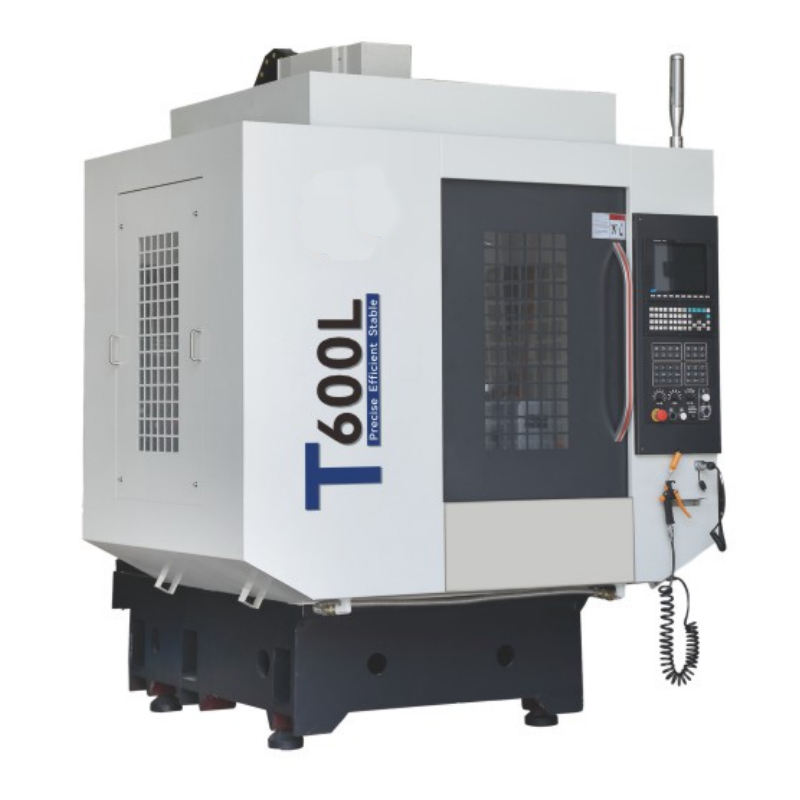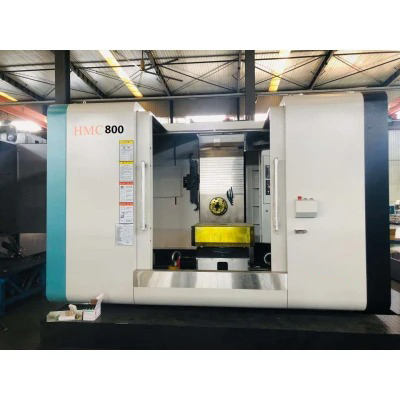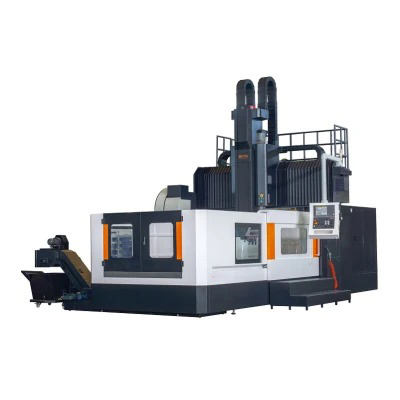A CNC Lathe is a computer numerical controlled machine tool used for precision machining of cylindrical parts. It operates by rotating the workpiece against a stationary cutting tool, allowing for high-accuracy operations like turning, facing, threading, and drilling. CNC lathes are essential in industries such as aerospace, automotive, and manufacturing due to their efficiency and repeatability.
| Parameter | Specification |
|---|---|
| Max Swing Over Bed | 500 mm |
| Max Turning Length | 1000 mm |
| Spindle Speed | 50 - 4000 RPM |
| Spindle Motor Power | 15 kW |
| Number of Tools | 12 stations |
| Positioning Accuracy | ±0.005 mm |
| Repeatability | ±0.002 mm |
| Machine Weight | 3500 kg |
CNC lathes are versatile and used for producing parts like shafts, bushings, flanges, and custom fittings. They are ideal for both high-volume production and prototyping, ensuring consistency and quality across batches.
What materials can a CNC lathe machine?
CNC lathes can handle a wide range of materials, including metals like aluminum, steel, brass, and titanium, as well as plastics and composites. The choice depends on the tooling and machine capabilities.
How does a CNC lathe differ from a manual lathe?
A CNC lathe is automated and controlled by computer programs, offering higher precision, faster production, and repeatability. Manual lathes require operator intervention for each operation, making them slower and less consistent.
What maintenance is required for a CNC lathe?
Regular maintenance includes lubricating moving parts, checking alignment, cleaning chips and coolant, inspecting tools for wear, and updating software. Scheduled servicing helps prevent downtime and extends machine life.
Can a CNC lathe perform milling operations?
Some advanced CNC lathes with live tooling can perform milling, drilling, and tapping operations without transferring the workpiece to another machine, known as turn-mill centers.
What is the typical lifespan of a CNC lathe?
With proper maintenance, a CNC lathe can last 15-20 years or more. Lifespan depends on usage intensity, environment, and adherence to maintenance schedules.
How do I choose the right CNC lathe for my needs?
Consider factors like workpiece size, material type, production volume, precision requirements, and budget. Evaluate specifications such as spindle speed, power, and tool capacity to match your applications.
What training is needed to operate a CNC lathe?
Operators need training in CNC programming, machine setup, tooling, and safety procedures. Many suppliers offer training programs, and experience with CAD/CAM software is beneficial.
Are CNC lathes safe to use?
Yes, modern CNC lathes include safety features like enclosures, emergency stops, and interlock systems. Proper training and adherence to safety protocols minimize risks.
What is the cost range for a CNC lathe?
Prices vary widely based on size, features, and brand, ranging from $50,000 for basic models to over $200,000 for high-end machines with advanced capabilities.
Can CNC lathes be customized?
Many manufacturers offer customization options for tooling, software, and accessories to meet specific production needs, such as special chucks or automated loading systems.
